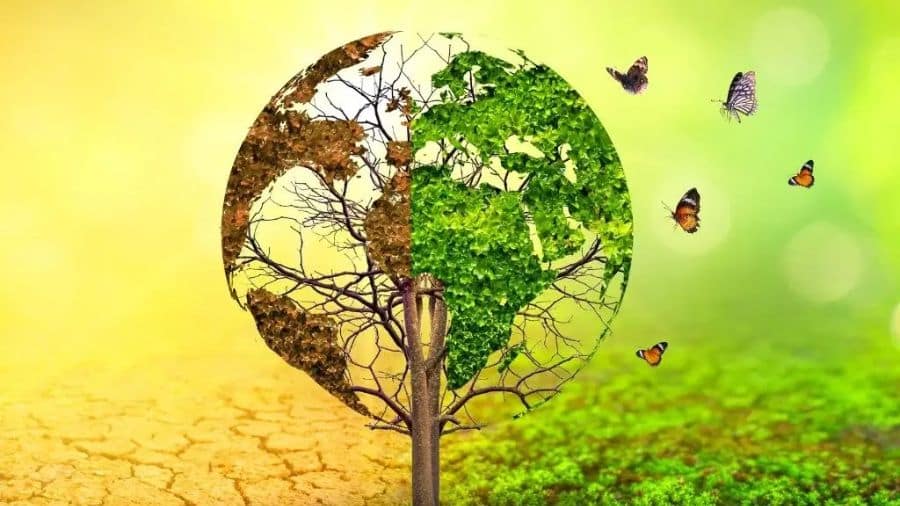Political Economy of Growth and Development
Course Description
Economic development is often reduced to simple statistical indicators such as per capita income, mortality rates, environmental degradation indices, or even more complex indicators such as the human development index. However, the development process is more intricate than what one or even several indicators can measure. It is clear that economic development includes purely economic aspects, but it also encompasses environmental, social, cultural, political, and religious changes in society. Although this course will primarily focus on the economic changes that occur along the path of development, we will not ignore the fact that this is only part of the picture. Acknowledging this reality, we will examine the role of non-economic factors as far as they relate to the economy.
Additionally, this course will review the most important theoretical and empirical approaches to the issue of economic development, including Neoclassical, Keynesian and Post-Keynesian, Marxist, New Institutionalist, Feminist, and Post-development perspectives. We will explore the implications of these theoretical traditions for classical questions such as industrialization, employment, poverty, inequality, gender, and the environment. At each step, we will try our best to bridge the gap between development theory on one hand and development policy and practice on the other. Major changes in the theory of economic development often result both from the failure of previous approaches in the real world and reflect changes in the global capitalist system itself. Therefore, while examining each approach, we will also consider its historical context. In addition to academic literature, we will review literature produced by international organizations involved in the development process, such as the International Labour Organization, the United Nations Development Programme, the World Bank, and the International Monetary Fund. We will also review literature originating from grassroots movements around the world, offering alternative and critical perspectives on development.


